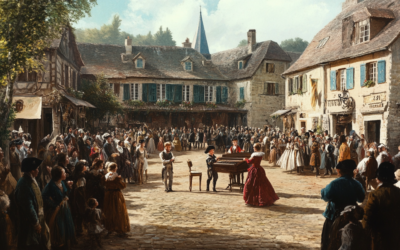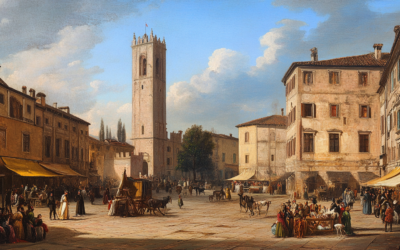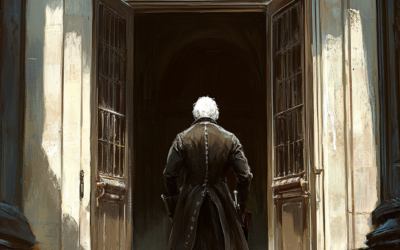A Resounding Success
Luchesi’s Concerto Revived at Milan's Sala Verdi
A standing ovation followed the performance of our revised edition of Luchesi’s Concerto in F for piano and strings at the Sala Verdi in Milan, conducted by Maestro Giorgio Rodolfo Marini and performed by the Insubria Chamber Orchestra.
Mozart: The Fall of the Gods
This book offers a fresh and critical look at the life of Wolfgang Amadeus Mozart, challenging the myths that have surrounded him for centuries. We strip away the romanticised image of the “natural genius” and delve into the contradictions within Mozart’s extensive biographies. Backed by nearly 2,000 meticulously sourced citations, this work invites readers to explore a deeper, more complex understanding of Mozart. Perfect for those who wish to question the traditional narrative, this biography is a must-read for serious music lovers and historians.
"Luchesi’s forgotten masterpiece returned to the stage, proving that some of the finest compositions of the Neoclassical period have yet to be fully appreciated."
@MozartrazoM
Recently, at the iconic Sala Verdi of the Milan Conservatory, a remarkable concert featured our revised version of Andrea Luchesi’s Concerto in F for piano and strings. This revival, alongside works by Donizetti, Costantini, and Perosi, was a resounding success, met with enthusiastic applause from an appreciative audience.
Conducted by Maestro Giorgio Rodolfo Marini, and with Maestro Carlo Levi Minzi as the soloist, the performance by the Insubria Chamber Orchestra brought new life to Luchesi’s forgotten masterpiece. The audience was captivated by the elegance and depth of Luchesi’s composition, which, thanks to our careful transcription and revision, revealed a richness that had been overlooked for too long.
This event not only celebrated Luchesi’s contribution to the world of classical music but also demonstrated how important it is to re-evaluate composers who have been unjustly neglected by history. The applause and standing ovations confirmed that this was a long-overdue recognition of Luchesi’s brilliance.
You May Also Like
Leopold’s Invisible Hand
Behind the glittering performances of young Wolfgang and Nannerl Mozart lay the meticulous guidance of their father, Leopold. Often considered a mere teacher, Leopold’s role in composing and shaping their early musical successes has been largely overlooked. Was the child prodigy truly a genius, or was it Leopold who orchestrated his son’s rise to fame?
Debunking the Romantic Virtuoso Image
The image of Mozart as a Romantic-era virtuoso is a misleading anachronism, fuelled by 19th-century propaganda. Wolfgang was no transcendental pianist, but a product of an era where music was more galant than heroic.
The Visit to Verona
In Verona, young Wolfgang Mozart impressed the local nobility, but the reality behind the scenes reveals a carefully managed public image, where strategic networking and curated praise played key roles in shaping his growing reputation.
Mozart’s Training
The myth of Mozart’s genius is nothing more than a carefully crafted illusion, propped up by misplaced attributions and romanticised biographies. Behind his so-called brilliance lies the reality of his father’s dominating influence and a lack of formal education.
From London to Vienna
The Mozart family’s journey from London to Vienna was marked by illness, failed opportunities, and the relentless ambition of Leopold Mozart, revealing the pressures and challenges behind the facade of success.
The Ambiguous Legacy of Leopold Mozart
This post explores the multifaceted and often controversial life of Leopold Mozart, providing insight into the complexities and contradictions that defined his career and legacy.







